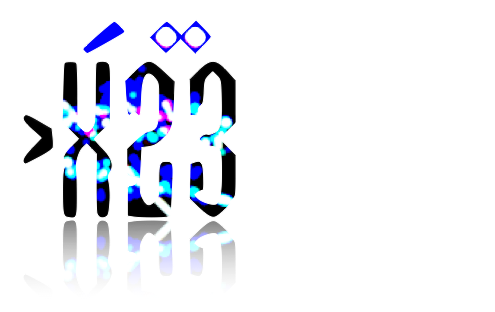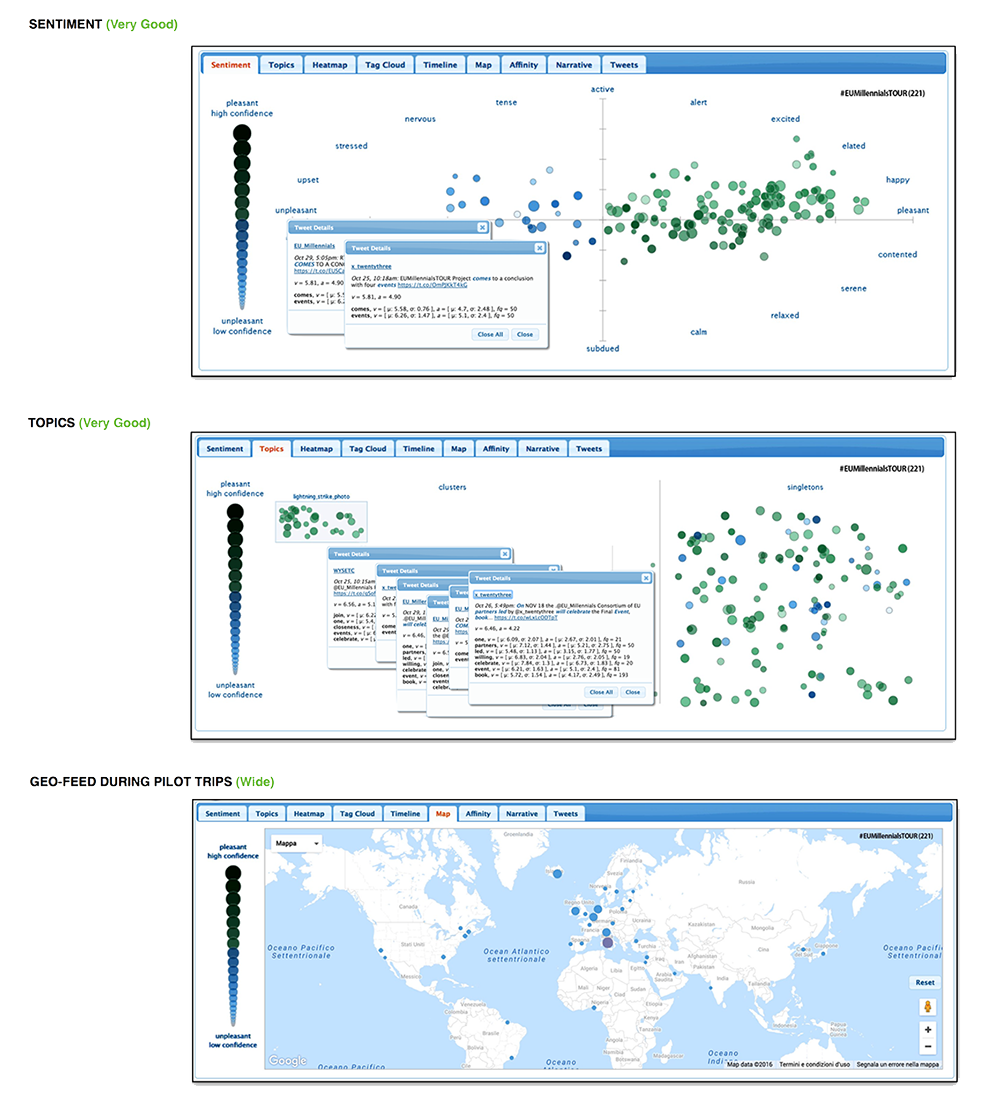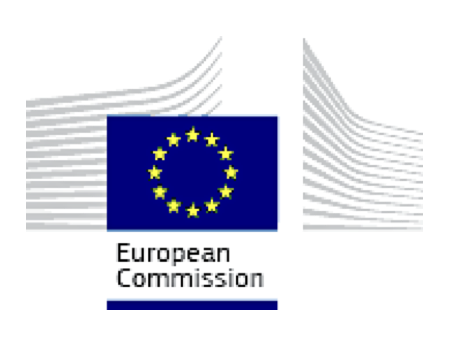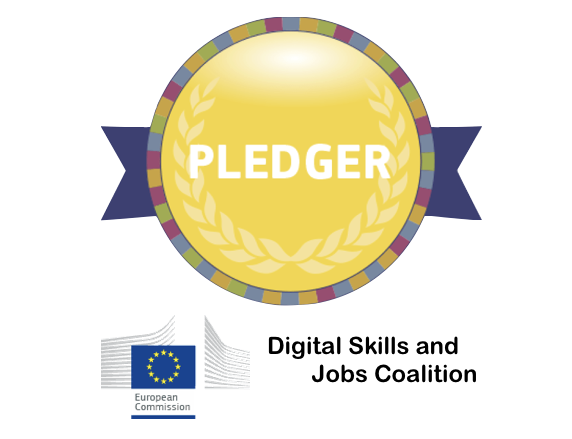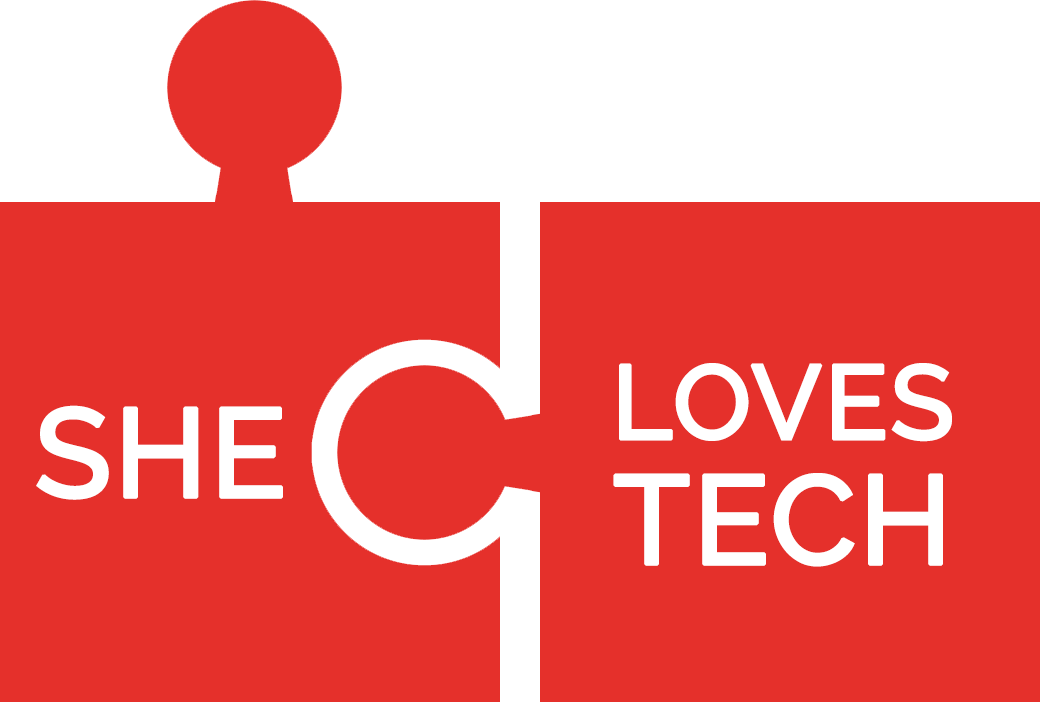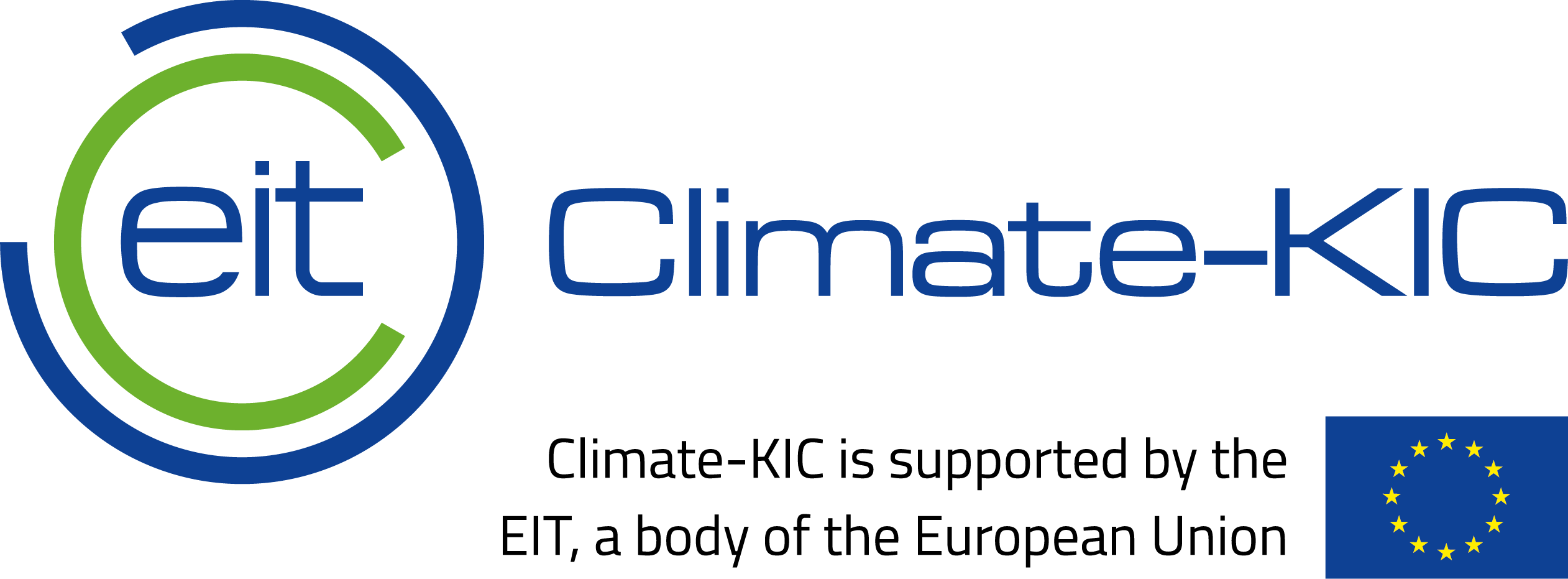.EUMillennialsTOUR®

The EUMillennialsTOUR® is about the development of a transnational digital-tourism product, supported by high-technology features to increase tourism arrivals in the low-middle season.
The value proposition is in delivering a system ready to capture millennials' wishes to travel, and to influence their behaviors (wishes, attitude to select destinations) towards special and unusual purpose and seasons along the year.
To do this, we reversed analytics to detect tourism dynamics. For each region at different times, and basing on spatial and seasonal patterns sampled through sensors (ThePrimate®)and experts insights (AbC3®), we forced the classic destination management system (DMS) to match attractions with unusual factors and unrequited bookings purchased according to the most common seasonal trends.
As a result, X23 with a group of key-partners has developed a system for seeking and booking touristic routes endowed with hyper-peculiarities, unmanaged by the common DMS in the touristic market.
Hyper- and super- peculiarities results as a magic formula to allow touristic sites and point of interest to overcome the unproductive periods of low seasons. At the same time, it allows customers (i.e. schools that organize trips for their students) to identify infinite thematic routes by very granular factors similar to any special need.
Four pilot-trips has been tested by 4 schools from Italy, Germany, Belgium and the UK. Two tour operators from STA Travel (UK) and CTS (Italy) modified the scheme produced by the algos on the map. The semantic-key set in the pilot trips refers to industrial heritage, a special typology in touristic destination commonly considered as peripheral in tourism industry.
.Case study #3
Destination Management System w/ Cognitives, Semantic, Machine Learning.
The pilot trips actions aimed at determine predictive modeling and Supervised Machine Learning models (sMLM), consisting of the semi-automatic pre-classification of text streams and documents based on semantic tagging, parsing and extraction of linguistic concepts related to the EUMillennialsTOUR project, in particular related to the pilot experiences and e-learning delivery. The action was focused on identifying a deterministic generation of auxiliary variables, for setting out the seasonal, cyclic and trend components of the time series, experiences, and users’ behaviours associated with tourism demand for the machine learning models. To this extent, we have adopted a Multilayer Perceptron (MLP) regression, and support vector regression (SVR) models, both well- known SOTA machine learning models. The scope was to create a complete set of weighted data, ready to be analyzed/mined by the evaluation process so that we could test the contribution of the deterministically generated auxiliary variable. In fact, these models are usually adopted to forecast tourism trends and demands by customer intelligence behaviour and in particular with respect to 2 main data sets: raw data set (directly drawn from the informal data coming from social media stream) and data set with deterministically generated auxiliary variables. The action enable us to determine an automatic classification of information based on inductive techniques of linguistic comparison and on syntactic and formal semantics.
